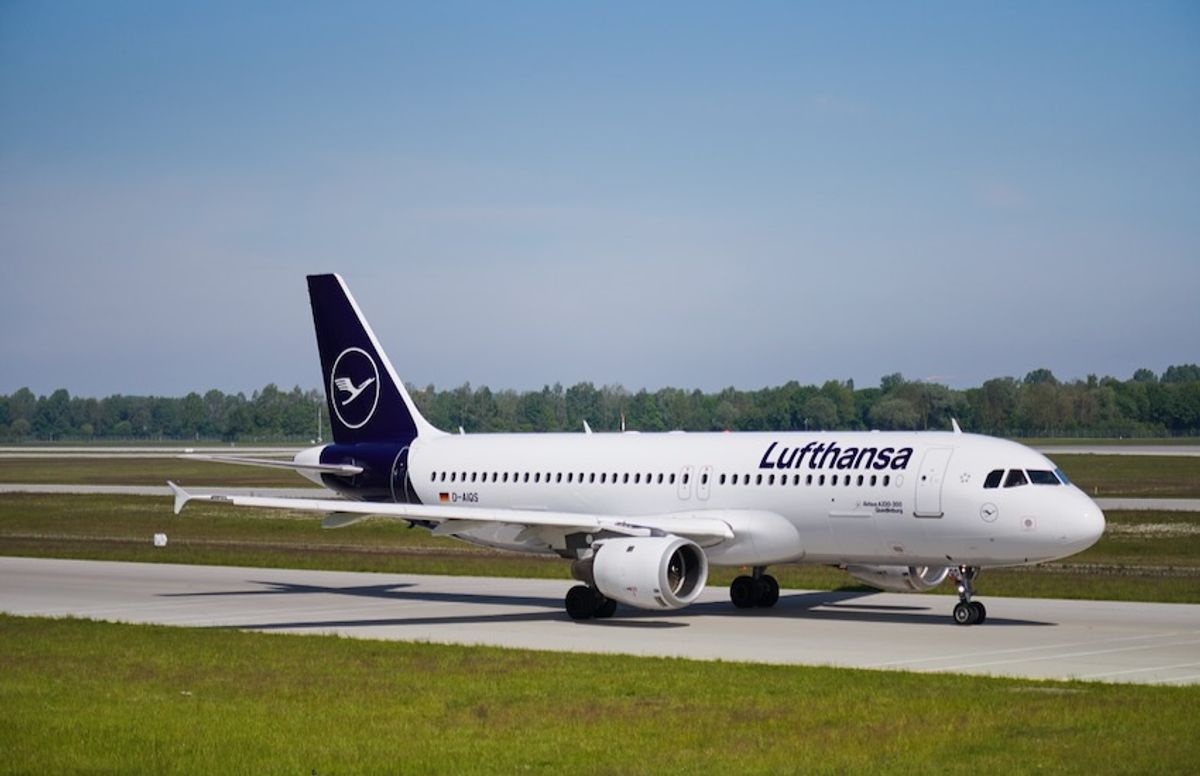Travel
Lufthansa launches ‘turnaround’ plan following H1 loss

Lufthansa Group posted a €265 million loss for the first six months of 2024, citing increased operating costs, aircraft delivery delays resulting in inefficiencies and the negative impact of strikes in Germany.
The disappointing half year result comes despite a six per cent year-on-year increase in revenues to €17.4 billion.
The European airline giant on Wednesday (31 July) said it has launched a “comprehensive turnaround programme” for its flagship Lufthansa Airlines, which has been “particularly affected” by high strike costs and operational inefficiencies.
The savings plan will include the further digitalisation of ground services, network optimisation “in line with the stronger seasonalisation of demand” and the decommissioning of older aircraft from its long-haul fleet. By 2028, the carrier said it will decommission Airbus A340-300, A340-600 and A330-200 as well as Boeing 747-400 aircraft.
The move comes just weeks after the group cut its profit forecast for the year to between €1.4 and €1.8 billion, down from the previous estimate of €2.2 billion. The group on Wednesday added that achieving a breakeven full-year result for Lufthansa Airlines “is becoming increasingly challenging”.
In the second quarter, Lufthansa Group saw revenues increase seven per cent year-on-year to €10 billion, however operating profit was down to €686 million, compared to €1.1 billion in the same period in 2023.
Earnings during this period were impacted by a 10 per cent increase in operating expenses, the group said, as well as strikes at various Lufthansa Group companies and external system partners, which impacted the Q2 result by more than €100 million.
Total second-quarter capacity for the group, which also owns Austrian Airlines, Brussels Airlines, Eurowings and Swiss, was up 11 per cent year on year, reaching 91 per cent of 2019 levels.
Lufthansa CEO and chairman Carsten Spohr said: “Global demand for air travel remains strong. As a result, we exceeded the €10 billion turnover mark for the first time in the second quarter. However, due to the increase in available seat capacity, the normalisation of air fares and average yields continued in all markets worldwide in the first half of the year.
“In view of the simultaneous rise in costs, profit expectations had to be adjusted across the industry – and also for us.”
Spohr added that plans to accelerate the modernisation of Lufthansa Airlines will “make it the group’s flagship again” and that the company had made “decisive progress” in Q2 in implementing its long-term strategy, including the introduction of its new Allegris business class cabin in May, the launch of Lufthansa City Airlines in June and the EU Commission’s recent approval of its planned acquisition of Italian carrier ITA Airways.










